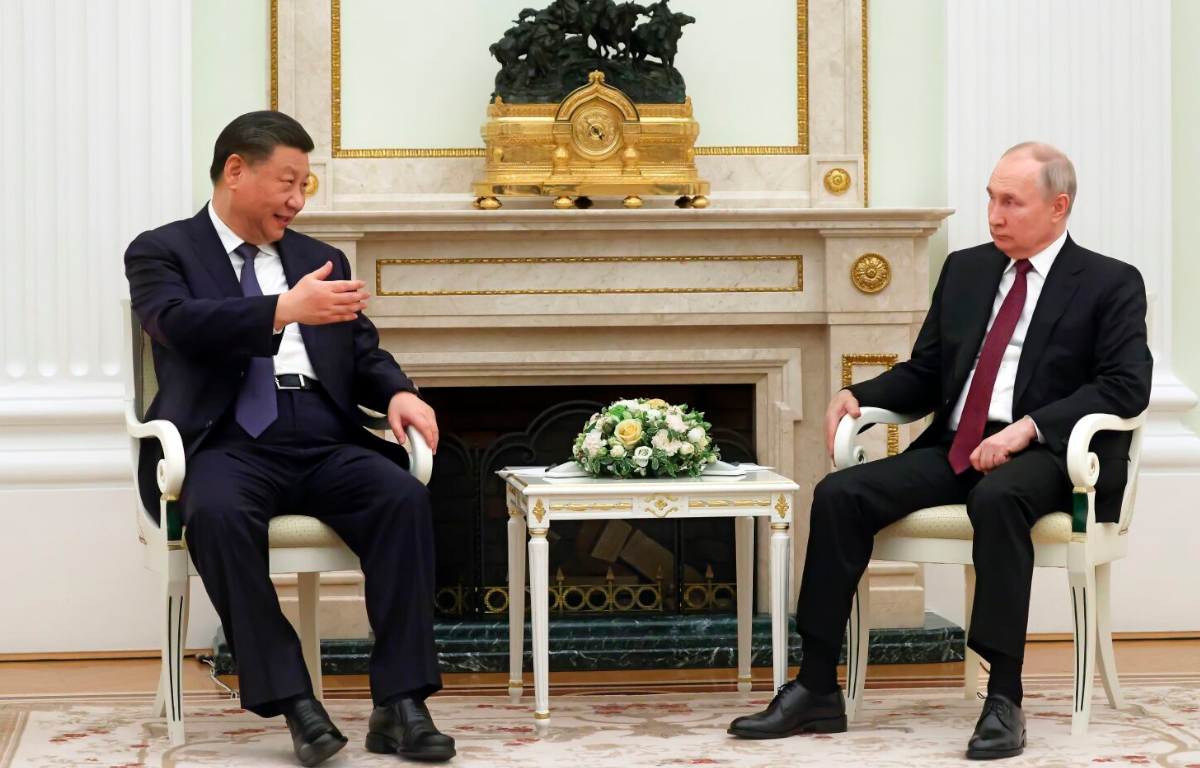
In recent years, there has been speculation and analysis regarding China’s potential role in fueling unrest within the United States. Understanding this dynamic requires a nuanced examination of various factors, including geopolitical strategies, information warfare, and domestic influences.
China’s geopolitical strategies are multifaceted, encompassing economic, military, and diplomatic initiatives aimed at enhancing its global influence. As a rising power, China seeks to assert itself on the world stage and reshape international norms. This ambition has led to increased competition with the United States, particularly in regions where their interests intersect.
One aspect of China’s strategy involves exploiting divisions and vulnerabilities within rival nations. This can take the form of supporting narratives or actors that sow discord or undermine stability. While direct involvement in domestic unrest is often challenging to prove definitively, analysts suggest that China may seek to exploit societal fissures in countries like the United States to further its strategic objectives.
Information warfare and influence operations play a significant role in modern geopolitics, with state actors leveraging media, social networks, and propaganda to shape narratives and perceptions. China, like other major powers, has a robust apparatus for information control and influence.
In the context of America’s unrest, concerns have been raised about disinformation campaigns originating from foreign entities, including China. These campaigns may aim to amplify divisions, promote extremist ideologies, or undermine confidence in democratic institutions. While the extent of China’s involvement in such activities is subject to debate, the potential impact on societal cohesion and political discourse is a matter of ongoing concern.
China’s role in America’s unrest must also be viewed through the lens of domestic influences and perceptions. Domestically, the United States faces a range of challenges, including social inequality, political polarization, and identity-based tensions. These internal dynamics can create fertile ground for external actors seeking to exploit vulnerabilities or amplify existing divisions.
Perceptions of China’s role in America’s unrest vary widely. Some observers argue that China actively engages in subversive activities to weaken its rivals, while others emphasize the complexities of domestic factors and the challenges of attributing specific actions to foreign actors. Nevertheless, the discourse surrounding China’s influence underscores broader concerns about the impact of external forces on internal stability and democratic processes.
As geopolitical tensions persist and global power dynamics evolve, understanding and addressing the complexities of China’s role in America’s unrest is paramount. This requires a comprehensive approach that considers diplomatic engagement, information resilience, and efforts to strengthen domestic resilience against external manipulation.
Efforts to counter disinformation, promote transparency, and foster constructive dialogue are essential components of mitigating the risks associated with foreign interference. At the same time, maintaining a nuanced understanding of geopolitical dynamics and avoiding oversimplifications is crucial for formulating effective policies and responses.










Share this: